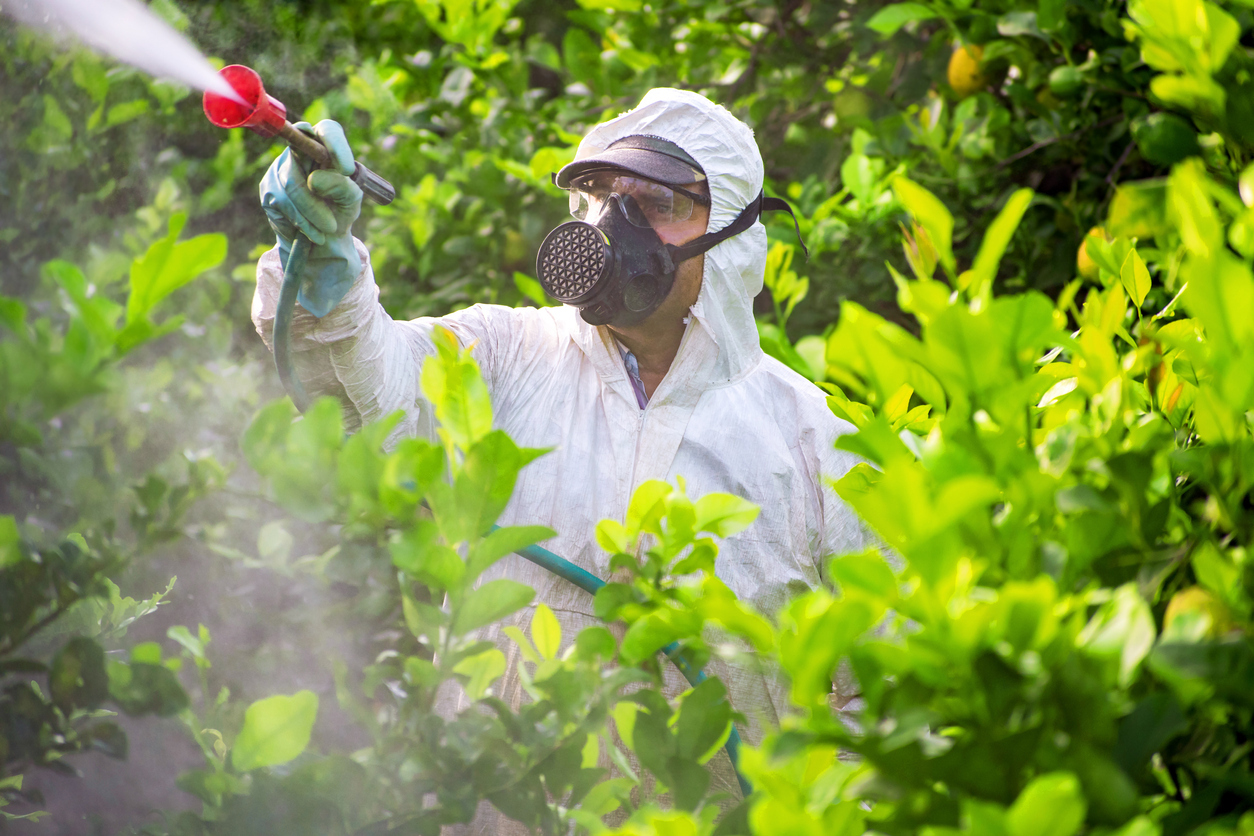Dacthal’s Cancellation Finalized by EPA Over Risks Posed to Unborn Babies
Editors carefully fact-check all Consumer Notice, LLC content for accuracy and quality.
Consumer Notice, LLC has a stringent fact-checking process. It starts with our strict sourcing guidelines.
We only gather information from credible sources. This includes peer-reviewed medical journals, reputable media outlets, government reports, court records and interviews with qualified experts.

The Environmental Protection Agency (EPA) is taking further action over adverse effects tied to the herbicide Dacthal, announcing last week that it has finalized its cancellation of the pesticide, which is also known as DCPA. This was an expected step after the EPA issued its first emergency suspension in nearly 40 years in August to halt the use of Dacthal due to serious health concerns.
The cancellation means that Dacthal can no longer be sold, distributed or continued to be used.
The EPA determined from data submitted by Dacthal’s manufacturer that the pesticide could affect thyroid hormone levels in unborn babies if pregnant women are exposed to it, which can result in serious issues like impaired brain development and decreased IQ.
“With the final cancellation of DCPA, we’re taking a definitive step to protect pregnant women and their unborn babies,” Assistant Administrator Michal Freedhoff said in a statement. “The science showing the potential for irreversible harm to unborn babies’ developing brains, in addition to other lifelong consequences from exposure, demands decisive action to remove this dangerous chemical from the marketplace.”
Lawyers have begun to investigate potential Dacthal lawsuits given the serious nature of the health concerns. The pesticide is used on crops like broccoli, onions and cabbage and has also been applied to turf used for golf courses and athletic fields.
American Vanguard, the owner of Dacthal manufacturer AMVAC, has continued to dispute the EPA’s decision despite deciding to voluntarily cancel its registration for Dacthal ahead of the agency’s decision.
EPA Had Requested Health Impact Data from Dacthal Manufacturer for Years
The EPA has spent years attempting to retrieve data from AMVAC on the serious health impacts that its pesticide may be connected to.
In 2013, the agency asked for studies to support the continued registration of Dacthal, including a study on how it affects thyroid development in unborn babies. A deadline of January 2016 was set for AMVAC to provide the necessary data.
But that deadline came and went without the company providing the information that the EPA was looking for. The agency said that AMVAC went on to submit several studies between 2013 and 2021, but that they were insufficient and that the requested thyroid study was never submitted at all.
AMVAC finally submitted the thyroid study in August 2022, kicking off the chain of events leading to the emergency suspension and cancellation.
“DCPA is so dangerous that it needs to be removed from the market immediately,” Freedhoff said at the time of the suspension.
Health Concerns Over Pesticides, Weed Killers on the Rise
Dacthal is the latest in a growing line of pesticides and weed killers that have been blamed for the development of serious health conditions.
Monsanto has faced thousands of Roundup lawsuits over claims that its popular weed killer is tied to the development of non-Hodgkin lymphoma. Earlier this month, a man who blamed his cancer on Roundup usage was awarded nearly $80 million by a Philadelphia jury.
The pesticide paraquat has similarly been tied to Parkinson’s disease in numerous lawsuits. Earlier this month, 47 members of Congress signed a letter earlier this month asking the EPA to ban the pesticide, which is already banned in dozens of other countries.